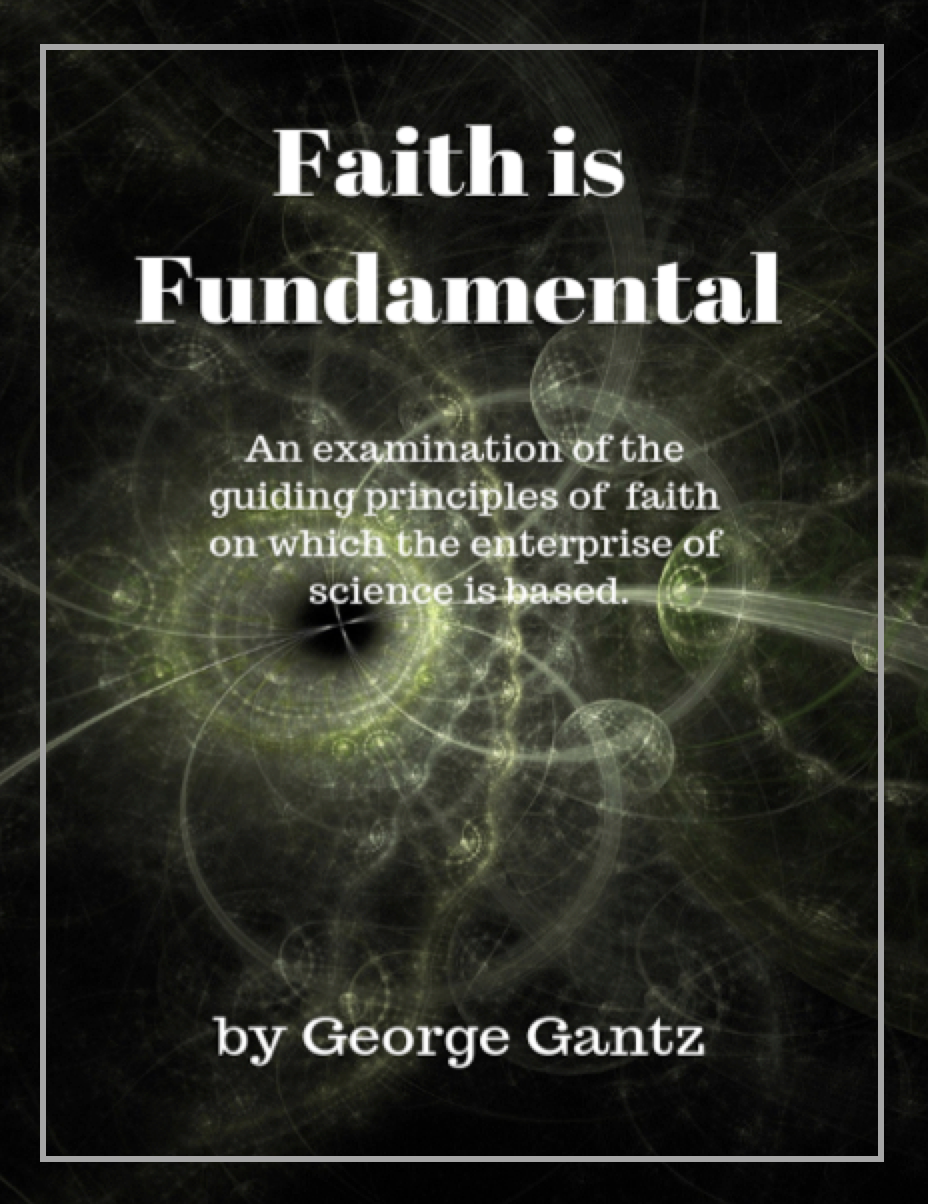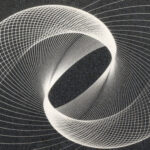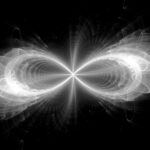Modern physics and math struggle with fundamental inconsistencies. The problem rests with something deeper and even more fundamental – our faith. And, to paraphrase Socrates, “the unexamined faith is not worth believing.”
Introduction

The contrast between science and religion is often characterized as a battle between fact and faith. More thoughtful writers and scientists take a more nuanced view, many defaulting to the perspective offered by the eminent biologist Stephen J. Gould, that science and religion belong to “non-overlapping magisteria” (NOMA). While gracefully avoiding direct confrontation, NOMA also fails to address one key feature that applies to both science and religion —- they are grounded on faith. This fact is rarely acknowledged, but has become, in my view, more compelling in light of discoveries on the frontiers of physics and mathematics in th last century.
This is the argument at the heart of my 2018 FQXi essay “Faith is Fundamental.” Science is grounded in the belief that the world we observe is comprehensible and that it exhibits systematic regularities that we can observe and predict reliably with the tools of mathematics. The challenge to our secular imagination is to realize that these beliefs are not and cannot be proven. They are articles of faith, albeit ones that most humans accept. Why? Because these articles of faith consistently perform well in allowing us to make reliable predictions.
Some Tenets of Faith are Better Than Others
I also point out that there are other common beliefs that have taken hold in the sciences that may not perform as well. These include the belief that the world is fundamentally random, that the world is causally determined and that the physical world is all there is. I maintain that these articles of faith may be appealing, but they are increasingly being challenged at the frontiers of modern science.
For example, the multiverse theory seems to be a far more popular explanation for quantum uncertainty and cosmic fine-tuning than the alternative (and simpler) theory, that some kind of selection process is at work. Why? Because the scientific establishment and much of our modern culture believes the universe is fundamentally random and therefore rejects the idea that there could be a cosmic selection process guiding the evolution of our universe. Yet a century ago, some form of divine guidance was likely the predominant view. The ideological supremacy of the multiverse may be a symptom of an underlying cultural rejection of religious ideas, rather than a reasoned response to open questions in physics.
I conclude with a call for a more open and honest discussion of our belief frameworks, noting this would also increase our shared humility. Facts we may know, and theories we may argue about, but beliefs have a more vulnerable quality. While we may be committed to our beliefs, we know they cannot be proven but only accepted on faith. Conversations at this level would enhance dialogue and encourage self-reflection, opening the door for us to modify our own belief sets based on what we learn from others.
We Can Do Better
Ultimately, we may find, in all of our hearts, a set of beliefs that would meet Einstein’s definition of religion as the source of “our aspiration toward truth and understanding” and “the faith in the possibility that… the world… is comprehensible”. I can only imagine that this would reignite our shared sense of wonder, and encourage us to embrace the human experiences of joy, love, beauty and meaningful participation, including the full and enthusiastic pursuit of science, in this most marvelous world we live in.



















[…] Hole at the Center Of Creation; The How and The Why of Emergence and Intention; and Faith is Fundamental. My key point has been that the fundamental limits that physicists and mathematicians have […]